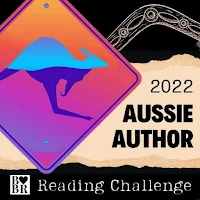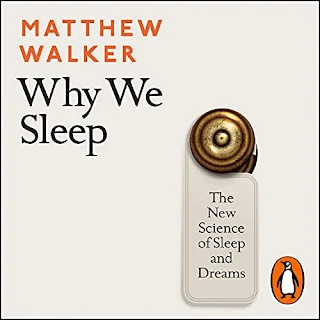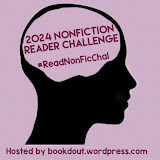Paul Cleave is a bestselling kiwi author from New Zealand and Collecting Cooper is my first time reading any of his books. In 2012, Paul Cleave hit my radar and at the time, the blurb for Collecting Cooper was the most enticing of his books so I added it to my TBR. I then purchased a copy in July 2018 and I don't know why I waited 4 more years to read it, but if you're a book lover you can probably relate.
Published in 2011, I was told by a fellow reader that Collecting Cooper can be read as a standalone, but on reflection, I think it would have been better to begin at the start of the Theodore Tate series, which at the time of writing, is now at 4 books.
Collecting Cooper is a crime novel set in Christchurch New Zealand with the lot: a mental institution, Psychology Professor, disgraced cop and overlapping plot lines that eventually come together in a clever piece of writing. Cleave has a direct and cutting writing style and here's a taste from early on in the novel.
In this scene, a character is reflecting on the fact that he doesn't have a driver's licence and if he attempted to sit the test he'd totally freak out.
"He knows he'd only manage a few hundred meters before throwing up all over himself. No, he doesn't need a license as long as nobody ever pulls him over, and there's no reason anybody should. He's a careful driver, and the body in the trunk isn't making any noise." Page 27Collecting Cooper is a dark read, and there were quite a few references to the first book which I really should have read before reaching for this one. This no doubt detracted from my overall enjoyment level, but was entirely my own doing.
Collecting Cooper by Paul Cleave will appeal to readers of Stuart MacBride and Jack Heath and those who enjoy crime novels set across the ditch in New Zealand.








































